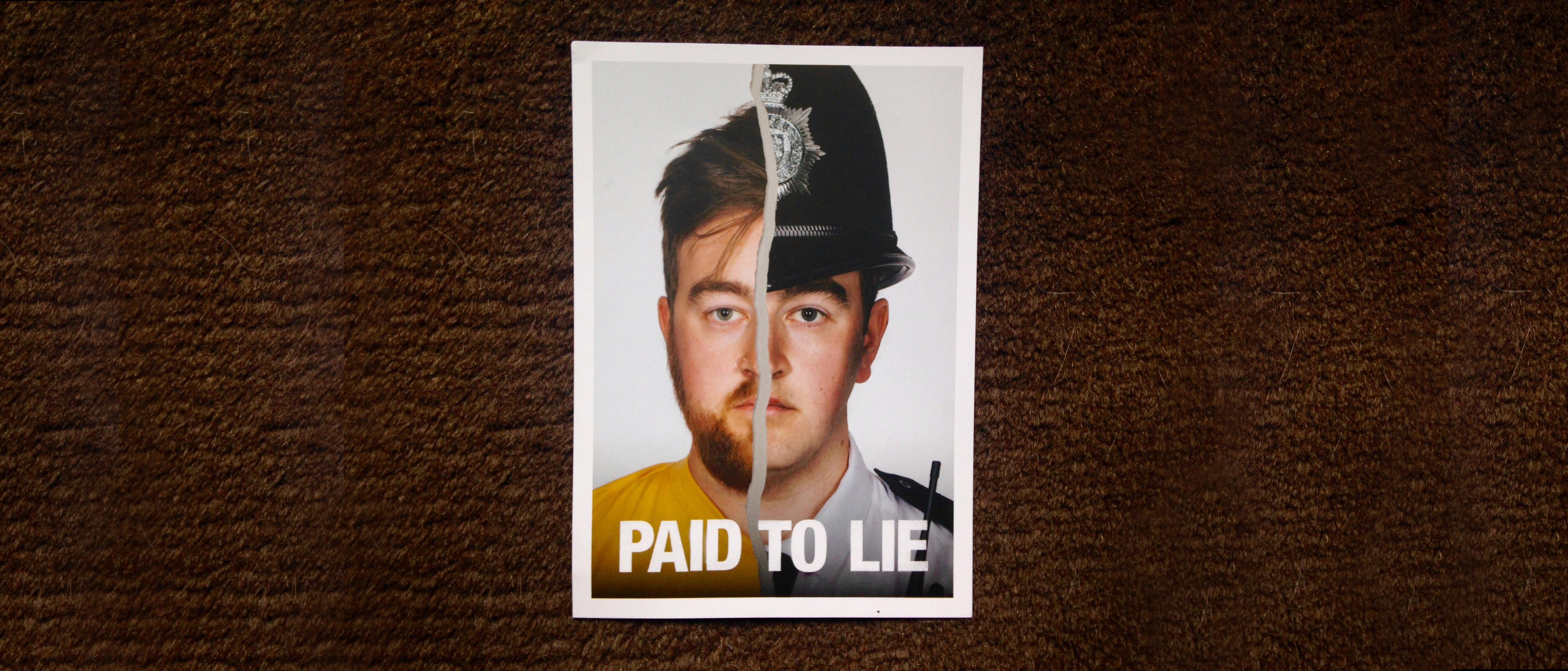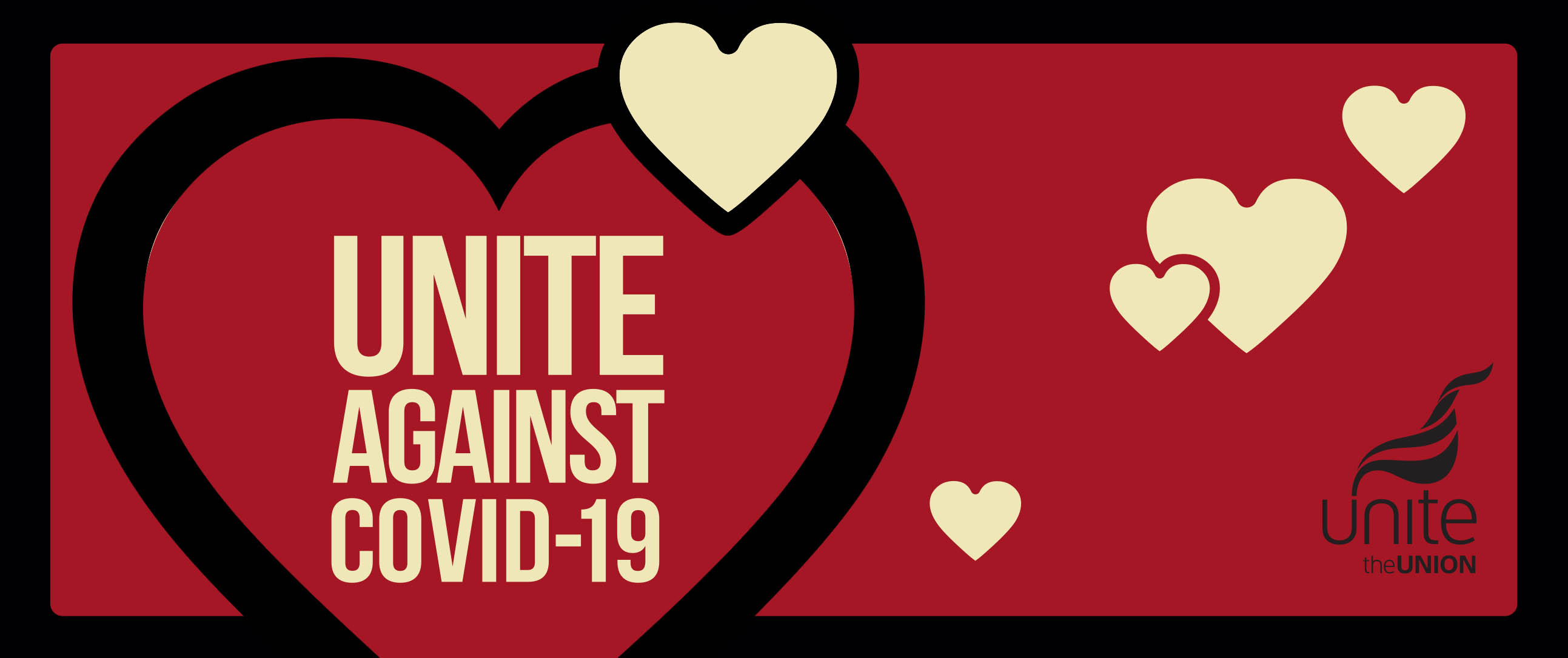No â€snooping’ allowed
The Tory government’s sinister agenda aiming to silence all opposition is having a harder time getting through the legislative process than some might have thought.
After concessions and U-turns on everything from the trade union Bill to cuts to tax credits and cuts to disability benefit, the government again accepted amendments to its Investigatory Powers (IP) Bill in a major win for trade unions earlier this week (June 6).
The IP Bill, which gained Commons approval on Monday and now goes on to the House of Lords, sets in stone the powers security services and police have to collect and store data. It gives law enforcement and intelligence officials unprecedented powers to intercept online communications.
Unite and other unions feared that powers granted in the Bill would give the state free reign to monitor trade union activity. After all, trade union surveillance has a long history in the UK – the blacklisting scandal, in which it is believed undercover police colluded with construction companies to black list trade union members, is only the most recent example.
In the original Bill, union activity was presented as reason enough for police to intercept communications. Unite and others argued that this would have had a “chilling effect” on union work – the threat of government surveillance would discourage those from joining a union or becoming active in one.
Now, the government has approved an amendment that specifically protects trade unions from police seizing communications such as emails or phone records.
Governance
“This historic move will improve the governance of our country,” said Labour MP Andy Burnham in response to the news.
“There is clear evidence that monitoring was used for unjustified political and commercial reasons, breaching privacy and basic human rights. The blacklisting of construction workers was used to vet people and deny them work,” he added.
“We need to understand how covertly-gained police information came into the hands of the shady organisation compiling the blacklist. This is yet another scandal from our country’s past that the public have a right to know about.”
Last month, the legal case brought forward by Unite and other unions against blacklisting companies came to an end, with blacklisted workers set to receive millions in compensation. But Unite has said that the fight is not yet over and has called for a full Hillsborough-style public inquiry into the scandal.
Unite also last year called for blacklisted workers to be included in the ongoing Pitchford Inquiry into undercover policing – a request that was granted in October as the Blacklist Support Group successfully gained â€core participant’ status in the inquiry.
In the meantime, however, the latest amendment to the Snoopers’ Charter will help ensure that police surveillance of trade union activity on the scale of the blacklisting scandal or the miners’ strike never happens again.
The TUC hailed this week’s amendment a significant one.
“We are pleased these proposals have been dropped, following a sustained campaign by unions and opposition MPs,” said TUC deputy general secretary Paul Nowak. “State-sponsored surveillance of trade unions has no role in a modern democracy like ours.
“We have seen at first hand with union blacklisting how human rights can be abused and lives wrecked when authorities start amassing details on unions and their members.”
Even some Tory MPs have rebelled against their own government’s agenda.
â€Profound concerns’
Conservative MP John Hayes said of the original Bill that he had “profound concerns” over the lack of protection for trade unions and welcomed the amendment.
“Trade unions make a vital contribution to free society,” he said. “Working people in this country would be considerably worse off if it weren’t for the activities of trade unions through the ages. My father was a shop steward, my grandfather was chairman of his union branch and I’m proud to be a union member myself.”
Unite political director Anneliese Midgely argued that this latest success for trade union members in Parliament is one that could not be achieved without people coming together and standing united in opposition.
“This amendment is very welcome and a testament to the hard work Unite, other unions and Labour have done in fighting legislation that harms working people,” she said. “This Tory government’s machinations to silence any and all opposition aren’t exempt from the democratic process – the only way they’ll succeed is if we let them.
“That’s why being politically involved is so important, whether it’s through voting, writing to your MP, becoming active in a political party or taking part in demonstrations,” Midgely added. “If there’s anything this past year has shown – with the government making major climb downs on many of their most odious policies following public outcry – it’s that people power actually does work.”
 Like
Like Follow
Follow


